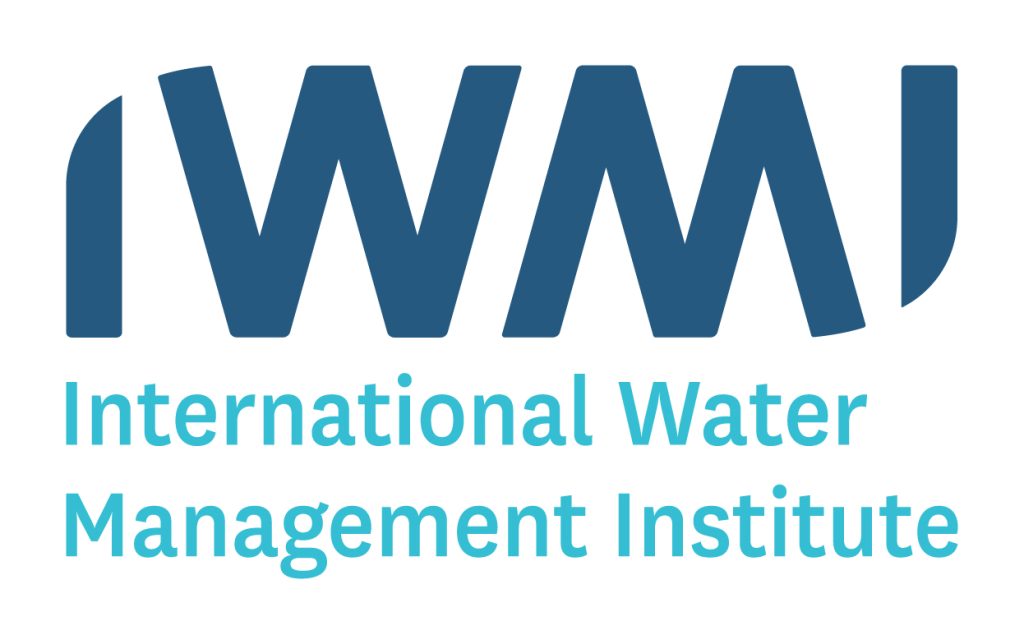
Recent findings by the International Water Management Institute (IWMI) show that Ethiopia’s agricultural output is suffering from environmental factors like land degradation and poor management. The findings also suggest that sustainably transforming and restoring Ethiopia’s agricultural landscapes requires a structured approach to decision-making.
Addressing Ethiopia’s agricultural issues would also play an important role in reducing poverty. According to the World Bank, every 1 percent growth in the gross domestic product would result in a 0.15 percent reduction in poverty while a 1 percent increase in agricultural output would reduce poverty by 0.9 percent.
A recent report showed that an estimated 9.4 million rural households had adopted innovative soil and water conservation practices that showed comprehensive differences in agricultural output and landscape.
Several aspects of land use and land cover changes were examined, including the expansion of cultivated land, soil conservation measures, and small water harvesting structures.
Such interventions, however, were shown to have little to no effect in areas where they were not coupled with comprehensive management efforts.
The IWMI research found that in areas where early community engagement, awareness of trade-offs, and monitoring activities were not adopted, most farmers stopped using the intervention measures (like small water harvesting structures) altogether.
